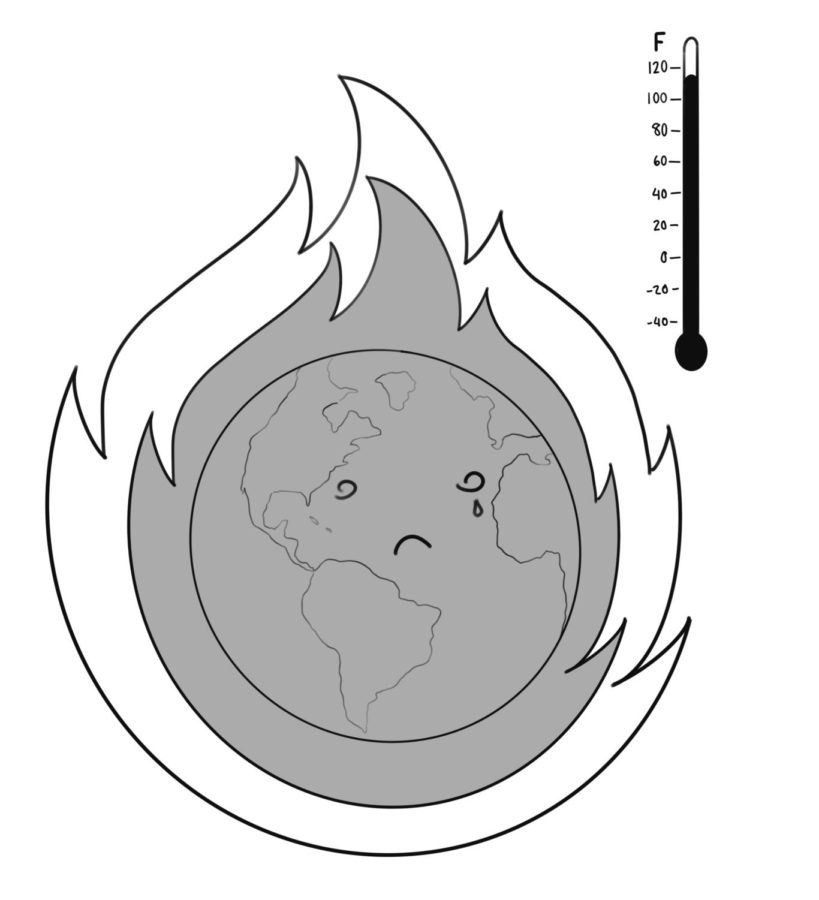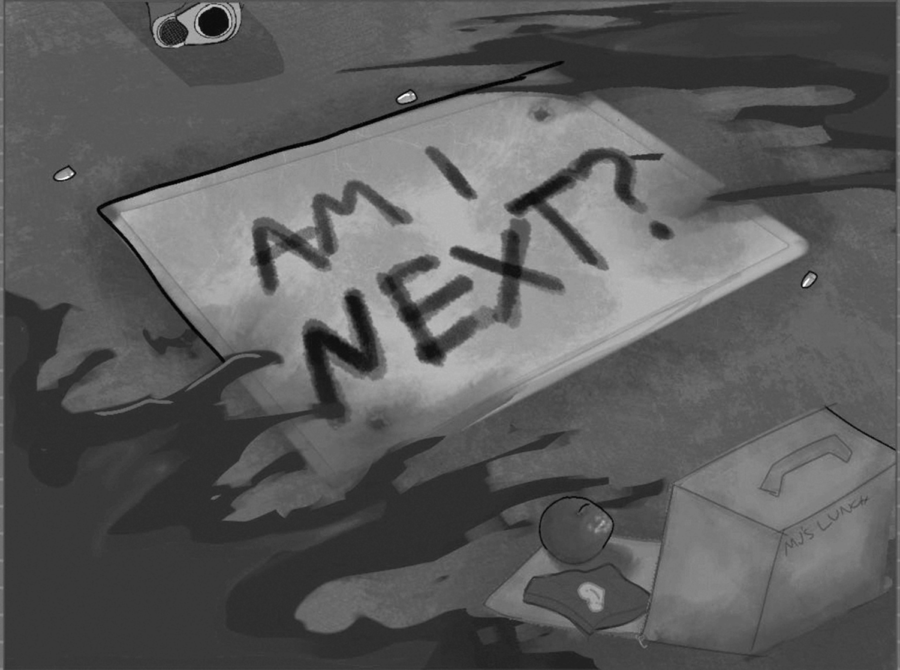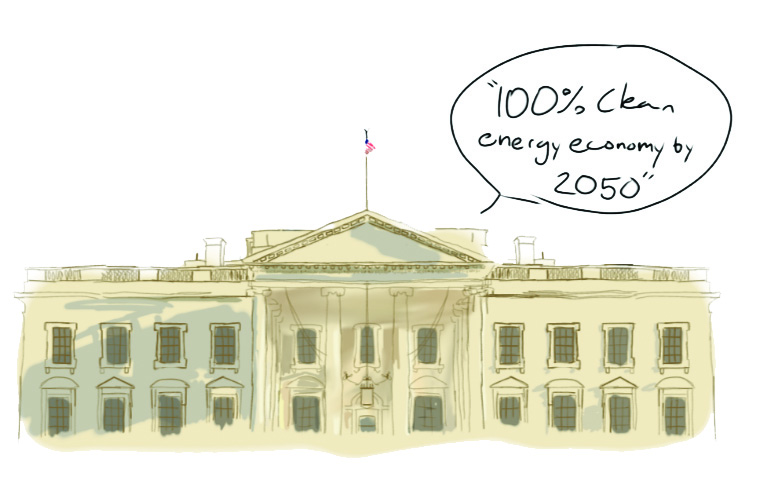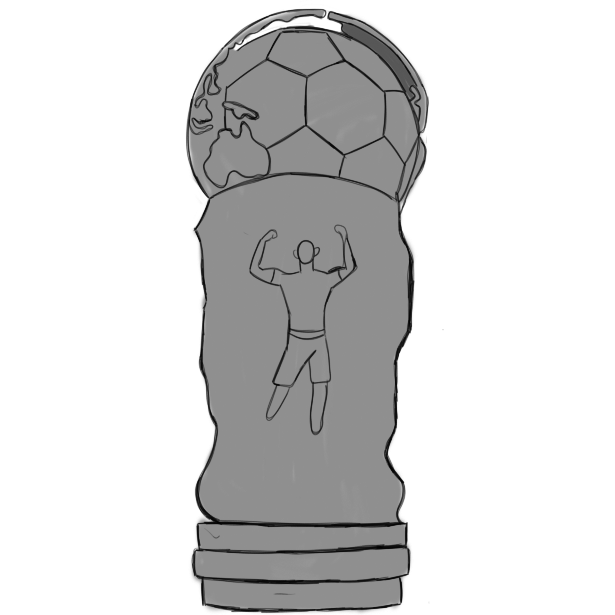As temperatures rise, ice caps melt, and fires continue to rage through forests, the future of our planet remains uncertain. Have we done too much damage by now to reverse it? How much more can the Earth withstand before it’s too late?
Climate change is not a political matter. It’s a humane matter and a severe issue that needs immediate attention.
According to NASA, climate change is a change in the usual weather found in a place. Overwhelming scientific evidence has proven that human activities, such as the burning of fossil fuels including coal and natural gas, are drastically changing the Earth’s climate.
The burning of fossil fuels releases carbon that has been locked up in coal, oil, or natural gas for millions of years, and that carbon released is then transformed into carbon dioxide, the predominant contributor to the greenhouse effect.
The greenhouse effect allows energy from the sun to pass through the Earth’s atmosphere. Then, some of that energy is trapped in the form of heat. In moderation, that heat has helped keep temperatures stable on Earth, but now, with carbon dioxide being emitted constantly, it’s becoming a problem.
One of the main problems with climate change is that it causes a scarcity of natural resources, and even the basic necessities such as water are in danger.
Water is used for everything in our daily lives, from agriculture, showering, doing the dishes, recreational activities and many other things we don’t even think about. Access to a clean supply of water is essential, and the worsening climate crisis has the potential to deprive us of that access.
Unsanitary water sources can lead to diseases such as cholera and typhoid fever, meaning the people living in these poor conditions are at a high risk of getting sick and even potentially deadly. The Earth’s resources are finite and will run out if no action is taken.
Rights are entitlements that people claim, and environmental rights are some of the most important for survival. Examples of these are having access to clean water, food, and shelter. These rights are the basic necessities of human life and maintaining a more fair and structured society.
It can be challenging for everyone to have access to these basic rights when resources are not available and there’s not enough to support everyone. Climate change and pollution are both huge contributors to the lack of resources, and the already intense situation is only becoming more dire as time goes on.
Environmental responsibility is about respecting our environment, preventing pollution and destruction, conserving and protecting our species and the natural planet, promoting sustainable use of resources, and becoming educated about the planet we live on. Taking these responsibilities seriously is the only way we can help save our planet from the impact that climate change is having on our world and future. The climate crisis isn’t anything new, but it needs to be stopped now more than ever. While it can feel hopeless sometimes, there is still hope left. Young voices of a new generation have been at the front lines of this battle for years, and it’s crucial that we continue to fight for our planet.
However, without people supporting this movement, speaking up and taking action within their community, it may get to that irreversible point sooner than we expect. How long do we have left to fix our mistakes before we reach a point of no return?
Just this year, Seattle experienced a heatwave with record-breaking temperatures. The extreme weather isn’t a coincidence. Rather, it is the result of centuries of damage we as a species have done to the Earth.
We all have our carbon footprints in this mess; what matters now is what we do to fix it.
It’s scary to think that one day, our world may come to an end just because we were ignorant and selfish enough to ignore climate change. This world isn’t perfect, but it is our home, and that alone should be a good enough reason to protect it.
It’d be easy to continue doing what we’ve always done out of convenience. However, if we take a second to stop and think about our habits, it becomes obvious that those actions aren’t always the best for the environment. If we were a little more conscious of our decisions, we could lessen our carbon footprints, and thus help our environment.
A carbon footprint is the amount of greenhouse gases, including carbon dioxide and methane, that are released into the atmosphere as a result of our actions. For example, when we get in a car and drive to a friend’s house, the car is burning fuel, and fossil fuels are the primary cause of greenhouse gases.
So, if the friend is within walking distance, biking or walking there instead could help reduce our carbon footprint. Walking instead of driving that one day may seem like an insignificant decision, but if we think about our lives in terms of our carbon footprint every day, it could make a huge impact.
Another example of something that often gets overlooked when thinking about how to help prevent the climate crisis is electricity. The generation of electricity is one of the largest sources of carbon dioxide emissions in the United States. Nowadays, we use electricity for everything, whether it’s to charge our devices or to turn on the lights.
However, if we’re more conscious of when we are using electricity and only use it when it’s absolutely necessary, it could go a long way in helping reduce the effects of electricity. If the phone being charged is at one hundred percent, why not unplug it so no unnecessary electricity has to be generated? What about turning off the lights after leaving a room?
It is simple actions like these that we as individuals can take to help stop the disastrous crisis that is climate change. Yes, it may take giving up small luxuries like the warmth of a car on a rainy day, but if that means our planet will continue to be habitable for our children and generations to come, it is more than worth it.








